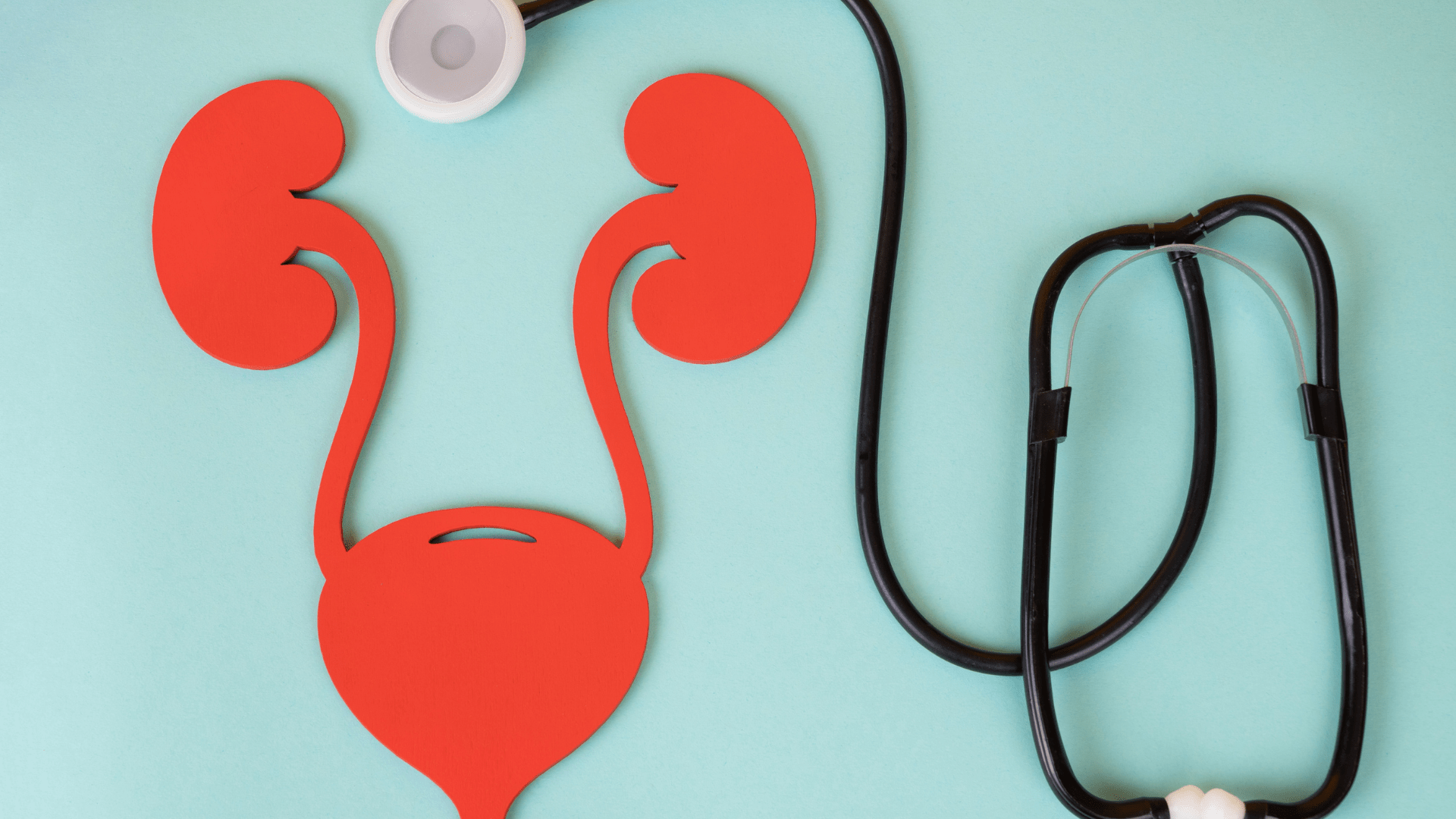Have you ever had the urge to pee even though you went like 30 minutes ago? Or that burning, stinging feeling that makes you wince every time you use the bathroom? Chances are you had a Urinary Tract Infection (UTI), and if you’ve ever had one, then you know it is painful, annoying, and, honestly, it feels like your bladder has a personal mission against you.
So, let’s talk about UTIs, the causes, why it is more common in women, and simple things you can do to prevent them.
What Are UTIs?
A UTI is an infection of any part of your urinary tract, which involves your kidneys, ureters (the tubes that carry urine from your kidneys to your bladder), bladder, and urethra (the tube that carries urine out of your body when you pee). Most UTIs happen in the lower part of your urinary tract, that is, your bladder and urethra, which is why you get that urgent and burning feeling to pee.
Since this is an infection, it is basically due to an uninvited microorganism that decides to cause havoc. The most common culprit is usually bacteria, most commonly, Escherichia Coli (E. Coli), which normally lives in your gut and typically causes no problem there. However, if it sneaks into your urinary tract, it can multiply and cause a UTI. Some other bacteria, like Klebsiella or Proteus, can also cause UTIs, but the most common villain is E. Coli.
Why Do Women Get UTIs So Easily?
UTIs are more common in women, and one of the major reasons is our anatomy. Women are more prone to getting UTIs because our urethra is shorter than men’s. This means that bacteria like E. Coli have a much shorter time to travel straight into the bladder and cause trouble there.
Also, unlike men, who have their urethras in their penises, in women, the urethra is much closer to the anus, and this means that bacteria from your anus have a higher chance of getting to your urethra and causing an infection. So, everyday things, like wiping the wrong way after defecating, can cause a UTI.
Our anatomy is not the only culprit. Some other causes that can increase your risk for having a UTI include:
- Sex: Sex can physically push the bacteria toward the urethra.
- Hormonal changes: Oestrogen and progesterone play a major role. Low oestrogen levels, especially during menopause, after pregnancy, or when breastfeeding, can thin the vaginal lining and reduce the protective good bacteria, making UTIs more likely. In pregnancy, hormonal shifts, like higher progesterone levels, can relax the bladder and urethra, causing urine to flow more slowly. When you combine that with the physical pressure of the baby in the womb pressing on the bladder, it makes UTIs more likely.
- Birth Control: Some birth control methods, like spermicides and diaphragms, can disrupt your vaginal’s natural balance. This makes UTIs more likely because the good bacteria that normally keep the bad bacteria in check are affected.
- Underwear: Tight synthetic underwear might look cute and sexy, but it can trap heat and moisture, creating a perfect environment for microorganisms to thrive.
- Antibiotic use: Antibiotics are great for fighting infections, but in some situations, especially when you overuse or misuse them, they can kill off the good protective bacteria, which creates an easy gateway for the bad bacteria to cause UTIs.
- Other medical conditions: High blood sugar in diabetes can cause bacteria to overgrow and cause infections. Also, anything that slows down bladder emptying, such as kidney stones or nerve issues, means bacteria stay longer than they should.
Symptoms of UTIs
Some of the symptoms of a UTI include:
- A frequent urge to urinate.
- Burning or stinging sensation when urinating.
- Cloudy or a strong-smelling urine.
- Blood in the urine.
- Pain in your pelvic or lower abdominal area.
- Fever, chills, or back pain, which happen if the infection spreads and affects your kidneys.
Not everyone experiences the same symptoms, so make sure to pay attention to any subtle changes.
How to Prevent UTIs
Whether you’ve experienced a UTI once or multiple times in the past, here are some useful tips that can help prevent them from coming back:
- Stay hydrated and drink lots of water. This would help you pee more often and flush out any bad bacteria before it has the chance to cause an infection in your urinary tract.
- Pee after sex. This helps clear any bacteria that might have been pushed towards your urethra.
- Wipe from front to back and not the other way when you use the toilet. This helps prevent bacteria from your anus from getting to your urethra.
- Wear loose breathable underwear like cotton.
- Avoid using harsh soaps, feminine sprays, or scented wipes because they can disrupt your vagina and urinary tract’s natural balance and make it easier for you to have infections. Stick with gentle cleansing with mild soap and clean water on your vulva (the external part).
- Manage other medical conditions like diabetes to keep your blood sugar level in check.
- Cranberry juice and D-mannose: Some studies show that cranberry juice and D-mannose (a natural sugar) have been found to help some people prevent UTIs. If you want to try these out, speak to your doctor first.
Final Thoughts
UTIs are very common, but they are also preventable with some lifestyle changes. Listen to your body, stay hydrated, and pay attention to any unusual symptoms.
If you keep having frequent UTIs or you’re unsure about your symptoms, don’t wait it out. Speak to a doctor here to get the right care that you need.
References
Uncomplicated Urinary Tract Infections – StatPearls – NCBI Bookshelf





